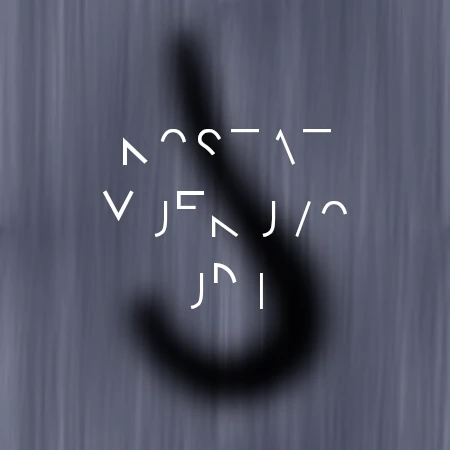Rilanga School System
The formal education which was available to young Rilanga.
Structure
Classes
Children or adolescents who had hatched during the same year were grouped in bendi. One of those bendi could have between 24 and 32 students, called ged in Rilangun.Teaching Staff
Teachers usually specialized in two closely related subjects. They instructed up to four bendi of different ages and often guided each of them through several school years.Administration
The teaching activities were coordinated by the gopuz lul mulbu (literally "school master") who assigned the teachers to their classes. They also arranged the schedules and oversaw the curriculum to ensure that all topics were covered to the extent which was desired by the Rilanga Ministery of Education.Stages
Primary School
Pre-pubescent children between 3 and 6 years attended gopuzefa or "early school". During those three years the gedzefa learned the basics of most subjects, such as reading, writing, simple mathematics and everyday science. They were also introduced to various musical instruments and forms of visual art. Education on healthy nutrition and various team sports made sure that their bodies were as refined as their minds.Secondary School
Around the age of sexual maturity, young Rilanga advanced to gopuzonda ("late school") where they were taught more advanced topics. Gedonda attended classes for various natural and social sciences as well as everyday principles of economy and law. As for art, they learned more about the history behind various literary, musical and graphical works. This was also the time when adolescents began to specialize in particular fields and prepare for their intended career. Besides allocating more time for their "focus topics" or bongo mi daz, most of them also settled on one particular instrument and sport. At the age of 9 years, they graduated and became eligible for professional training or higher academic education.Culture
Knowledge was one of the pillars of Rilanga society. Spreading that gift was considered a noble duty and therefore all but a select few schools were free of charge.
In return, children and adolescents were expected to accept said gift with gratitude and make the most of it. Skipping classes or neglecting assignments was heavily frowned upon, often casting the parents in a bad light as well.
Type
Educational, School/Academy
Alternative Names
Gopuz mi Rilanga






Comments
Author's Notes
A useful thing to know before diving into my characters' biographies. Now I don't need to worry about inconsistent or implausible milestones. Now I "just" need to create some art to go with it.